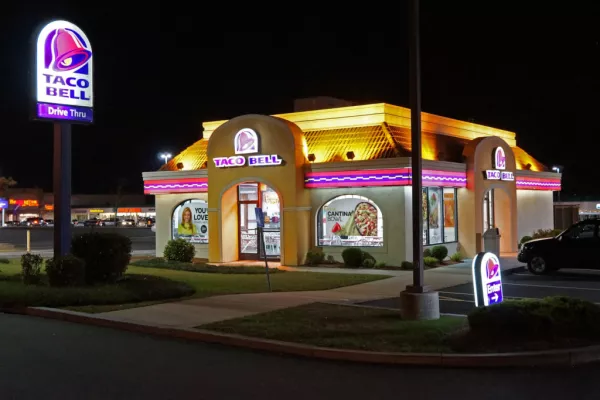McDonald’s should be investigated for gouging franchisees on rents and deceiving them about how the amounts are calculated, a labor union said in letters to two state attorneys general.
US franchisees paid the world’s biggest fast-food chain more than $3 billion in rents last year, a rate of return on McDonald’s real-estate investments that’s as much as triple the industry average, the Service Employees International Union said Tuesday in a statement. The high cost allegedly makes it harder for franchisees to pay living wages.
The "windfall" rents are calculated in a secretive process that violates state laws in California and Illinois, said the union, known as SEIU.
“We are confident in the legality and appropriateness of our financial relations with our franchisees and our disclosures of those relationships," McDonald’s said in a statement. "Our business model helps our franchisees secure prime real estate locations and reflects a significant level of company investment in the restaurant premises."
The labor group asked California Attorney General Xavier Becerra and Illinois Attorney General Lisa Madigan, both Democrats, to subpoena McDonald’s for information about how it calculates rents, as well as any documents about undisclosed or hidden franchisee costs. The US is unlikely to act, the SEIU said, noting that the Federal Trade Commission hasn’t brought an enforcement action under franchise regulations in 20 years.
‘Industry Norms’
“McDonald’s is luring potential franchisees into paying rents that far exceed industry norms, all while reassuring them that everything is appropriate,” SEIU said in the complaint.
McDonald’s, based in Oak Brook, Illinois, requires franchisees to lease their restaurants from the company, with rent eating up an average of about 10.7 percent of sales, according to the letters. SEIU contends the chain’s rate of return on its real estate ranges from 10.5 percent to 19.3 percent -- between double and triple the industry average of 5.9 percent.
McDonald’s returns compared to its competitors’ cast doubt “on the company’s claims that its base rent generates merely an appropriate return on real estate investments," the union said.
SEIU, which has clashed with McDonald’s over increases to the minimum wage, said its findings are based on an analysis of publicly available franchising documents and a survey that the union conducted of 267 current and former McDonald’s franchisees.
The hamburger chain’s disclosures to franchisees about their rent costs are inaccurate and misleading because they don’t disclose the rent formula, the union said.
McDonald’s first chief executive officer, Harry Sonneborn, famously told investment analysts that the company "was in the real estate business, not the hamburger business," SEIU said.
"McDonald’s real estate system is similar today to what Sonneborn devised 50 years ago," the group added.
News by Bloomberg, edited by Hospitality Ireland









